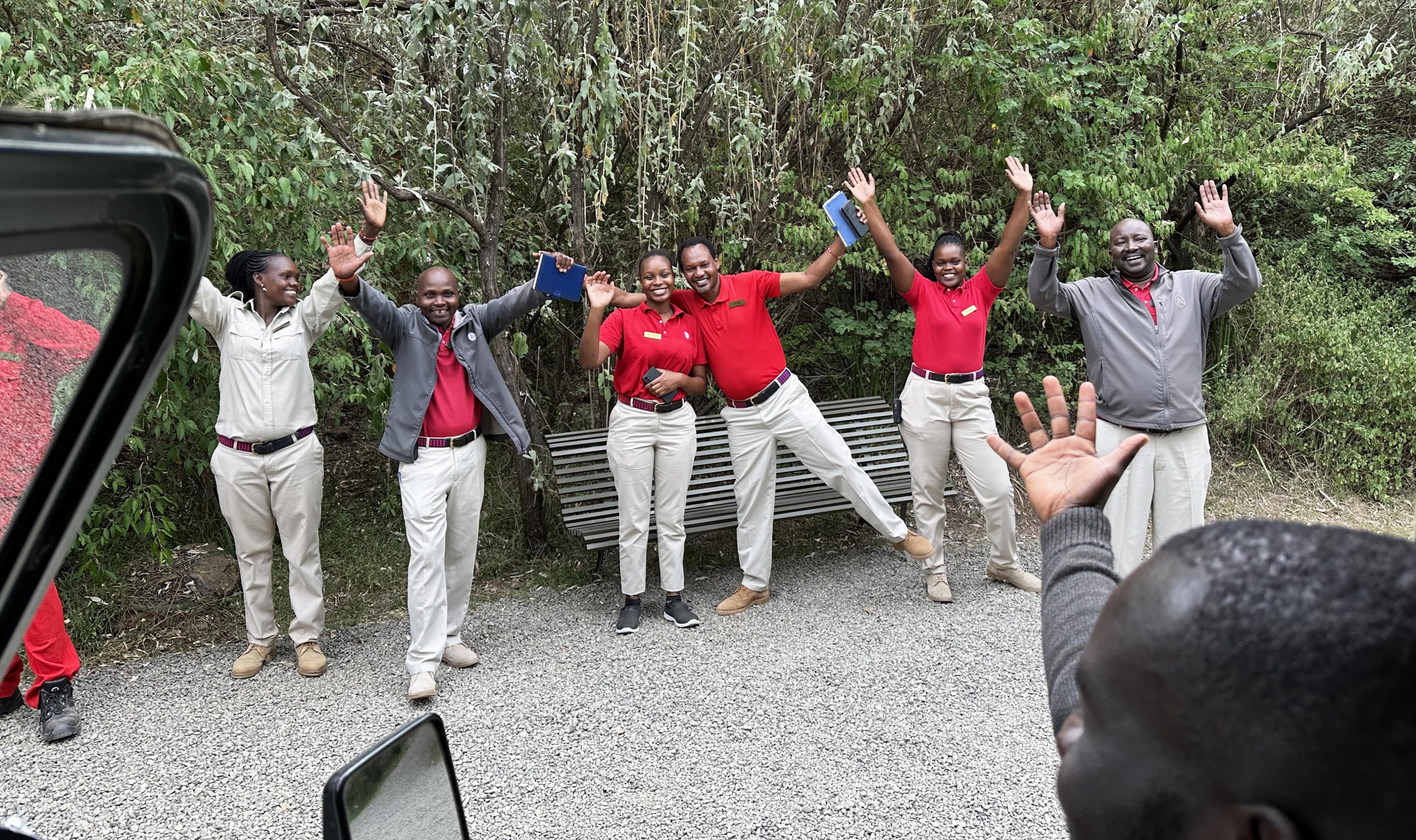Join/
Maasai Village Visit
tanzania
Many of our preferred safari lodges in East Africa are involved with wildlife conservation as well as community development where they support medical and educational programs as well as conservation initiatives to help change attitudes toward poaching and community development.
On a recent safari, my family and I visited a local school, clinic and village, where we were invited into a Maasai home. The school was not in session during our visit but we were able to wander around the facilities. Our children were fascinated to see that many of the teaching tools, such as maps and diagrams, were painted on the side of the building. “Before the buildings were here,” our guide said, “the classes took place under a tree.” At the clinic, we were told that the most common illness treated was diarrhea, which stunned my children, who, used to clean drinking water and easy access to medicine, couldn’t understand why you would need to go to a doctor for that. “You can die from dehydration or malnutrition if it’s not treated,” explained the guide. “In fact, it’s the biggest killer of children in Africa.” (According to the World Health Organizations, one fifth of all child deaths are attributable to diarrheal illness.)
In the Maasai boma, the settlement where Maasai keep their cattle in a wooden enclosure at night and build their mud houses, we visited a matriarch whose four sons were out with the animals. Three tiny calves greeted us at the door. Too young to go out with the herd, they huddled inside until their mothers returned. A fire burned but gave off only smoke, not light. The small space had two sets of wooden planks set one over the other like bunk beds, where the family of seven slept. We sat on the only other furniture, a small bench. Our guide translated and told us the ages of her children, their daily routine. The Maasai mother, who had a broad grin and a few missing teeth, asked where we were from and about the children’s ages. “Would you like to marry my daughter,” she asked my son. “She is 14 and needs a husband.” His reply, not surprisingly, was “No, thank you.” (But that exchange inspired lots of dinner conservation about cultural traditions like multiple wives and marrying ages.)
When we left the house, some of the young children in the village had laid out their beaded crafts and jewelry. Our kids had brought pens and notebooks and small plastic figurines to give them, and though they spoke no common language; they shared mutual amazement at each other’s toys. Of course, the swapping could have gone on for hours. By dusk, one of the young men had returned. He sharpened a stick into a spear for my son and showed him a lion’s mane. One of the tribal rituals of manhood (a feat that proves whether a young Maasai is ready for marriage) remains hunting a male lion and returning home with its mane as a trophy. Indagare members can contact our bookings team to be sure that we work such a visit into your itinerary in advance.
Written by Melissa Biggs Bradley



